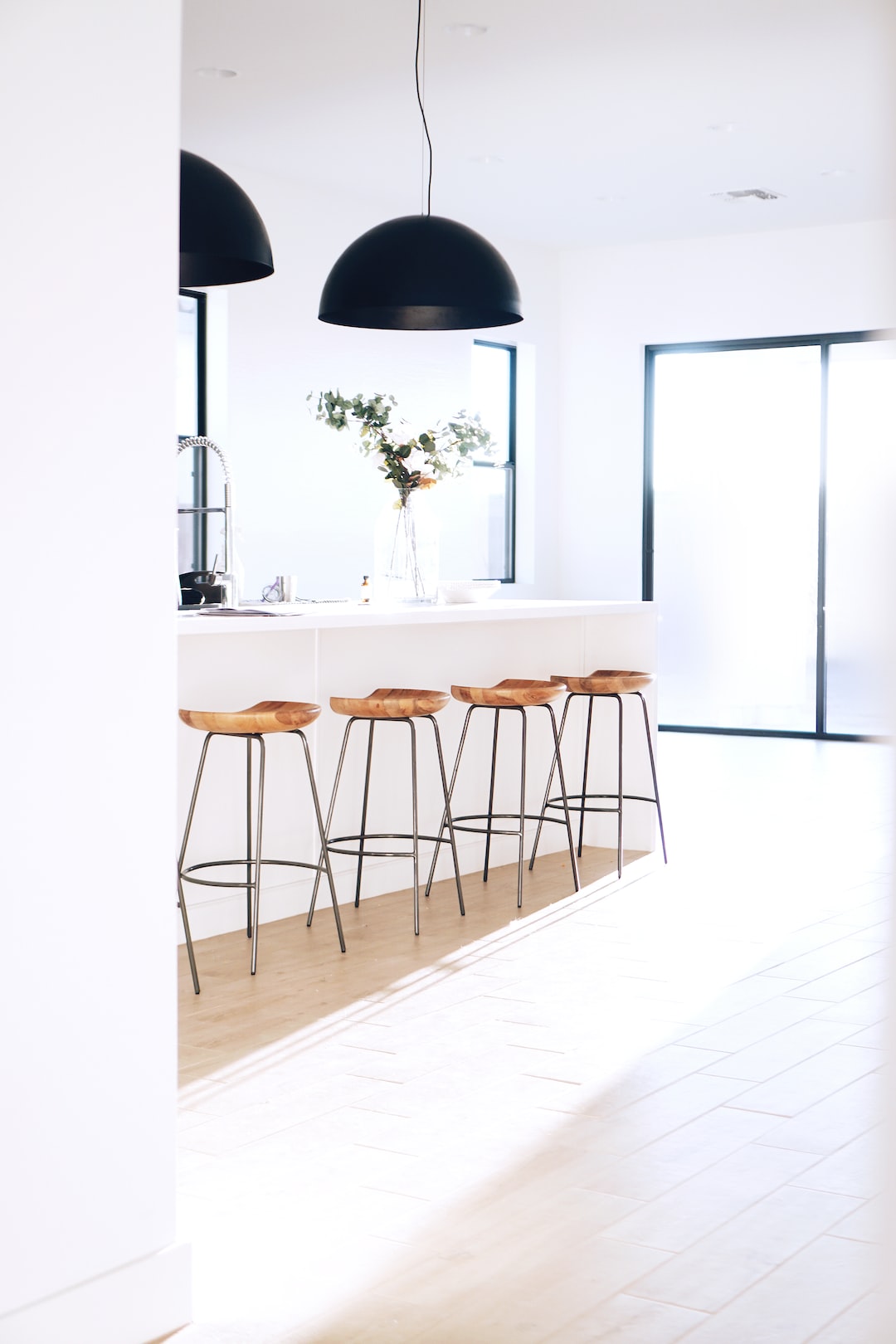The Pros and Cons of Renting vs. Buying a Home
When it comes to finding a place to call home, one of the most critical decisions you’ll have to make is whether to rent or buy. Renting and buying both have their own advantages and disadvantages, which should be carefully considered before making a decision. In this blog post, we will explore the pros and cons of renting vs. buying a home to help you make an informed choice.
1. Financial Considerations
One of the primary factors that influence the choice between renting and buying is the financial aspect. Renting requires a monthly payment to the landlord, while buying necessitates mortgage payments. Renting often has lower upfront costs, as you don’t have to worry about a down payment or other fees associated with homeownership. Additionally, tenants are usually not responsible for major repairs and maintenance, which can save a significant amount of money. On the other hand, buying a home builds equity over time, and your mortgage payments contribute to your ownership. Furthermore, if the real estate market is thriving, you may benefit from your home’s appreciation.
2. Flexibility and Stability
Another essential aspect to consider is flexibility and stability. Renting offers flexibility, as you can move more easily without the hassle of selling a property. It allows you to explore different neighborhoods or cities without being tied down to one place. This is particularly beneficial for those who frequently relocate for work or personal reasons. In contrast, buying a home provides stability. Having a permanent residence offers security, especially for families or individuals looking for a long-term settlement. Homeowners have the freedom to personalize their space and establish roots within a community.
3. Maintenance Responsibilities
The level of maintenance required is also a significant factor when deciding between renting and buying. Renters typically have limited responsibility for repairs and maintenance. When something breaks, you can rely on your landlord or property management company to handle it. This can save time, money, and stress. However, as a homeowner, you have the opportunity to build equity by upgrading and improving your property. Nonetheless, homeowners are responsible for the maintenance and repair costs, which can sometimes be unexpected and quite expensive.
4. Tax Advantages
Buying a home can provide certain tax advantages that renting does not. Homeowners have the opportunity to deduct mortgage interest from their tax returns, potentially resulting in substantial savings. Additionally, property taxes and certain home-related expenses may also be eligible for deductions. Renters, on the other hand, do not enjoy these benefits.
5. Long-Term Costs
Long-term costs should also be taken into consideration when deciding whether to rent or buy. While renting may appear to be more affordable in the short term, rent prices can increase over time. This uncertainty can make budgeting and financial planning more challenging. In contrast, homeowners can have fixed mortgage payments for the duration of their loan term, allowing for more predictability and stability in their finances.
6. Investment Potential
One of the main advantages of buying a home is the potential for investment. As property values tend to appreciate over time, homeowners can accumulate wealth by building equity. When the property is eventually sold, the profit from the sale can be substantial. However, real estate markets can fluctuate, and there is no guarantee that a home will appreciate significantly. Renting does not provide the same investment opportunity, as the monthly payments do not contribute to building equity.
In conclusion, whether you choose to rent or buy a home depends on various factors such as your financial situation, lifestyle, long-term goals, and preferences. Renting offers flexibility and ease of maintenance, while buying a home offers stability, potential financial benefits, and the opportunity to invest in property. Consider your priorities and weigh the pros and cons to make the best decision for you. Remember, no choice is inherently superior; the right choice is the one that aligns with your needs and circumstances.

